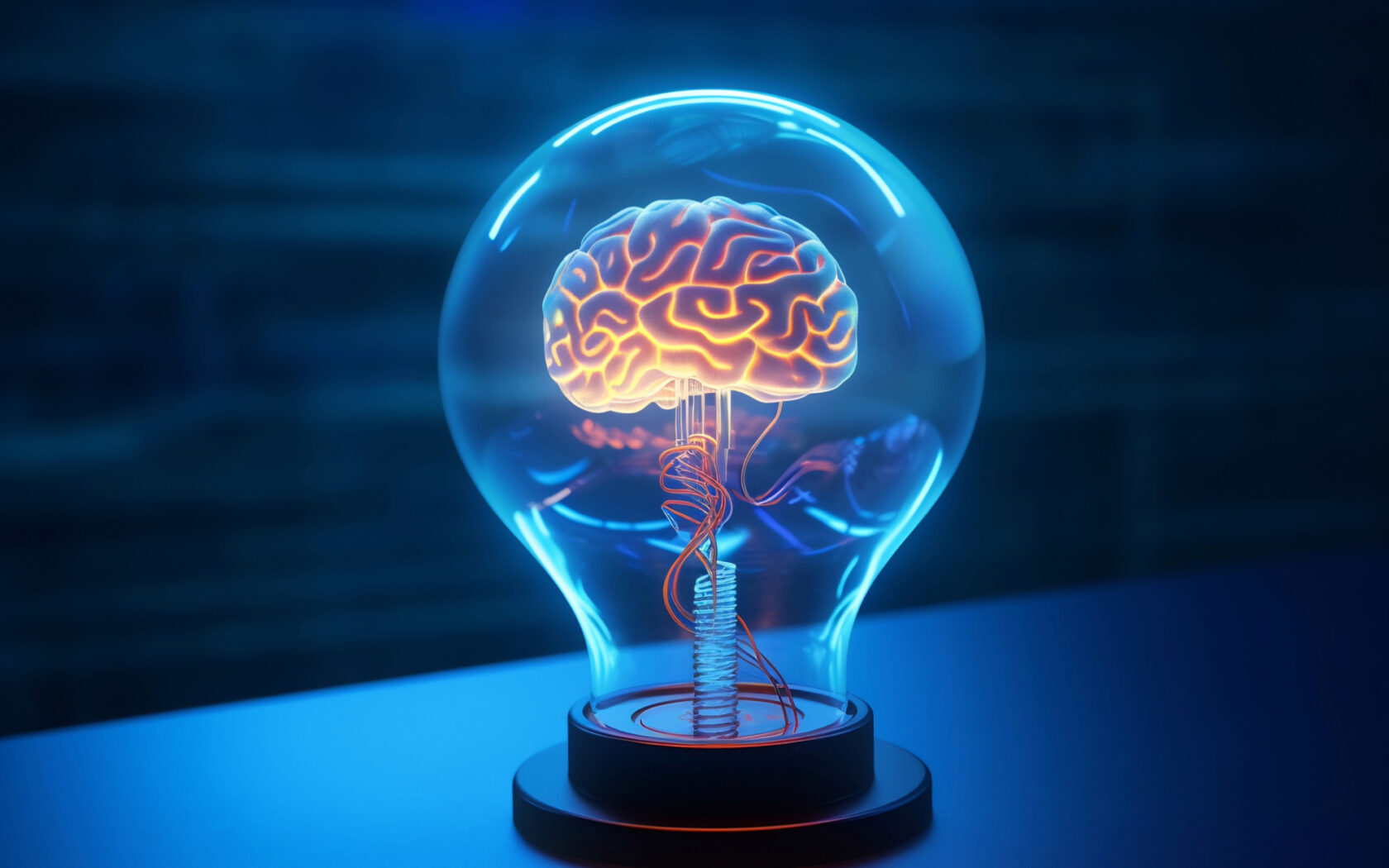Arizona Commits $5 Million to Study Ibogaine for PTSD and Brain Injuries
A New Chapter in Psychedelic Research
Arizona is stepping into the spotlight in mental health research with a $5 million investment to explore ibogaine as a possible treatment for PTSD and brain injuries.
This significant funding decision reflects a forward-thinking approach to helping people who are struggling with trauma and neurological damage. By investigating plant-based therapies like ibogaine, the state could pave the way for groundbreaking treatments and set an example for others to follow.
Understanding Ibogaine: From African Roots to Modern Science
Ibogaine is a naturally occurring compound extracted from the root bark of Tabernanthe iboga, a shrub native to Central Africa.
- Cultural history: For centuries, the Bwiti spiritual tradition in West Africa has used iboga in ceremonial and healing practices.
- Modern interest: In recent decades, ibogaine has attracted global attention for its potential to treat drug addiction, depression, PTSD, and even specific brain injuries.
- Effects: Ibogaine can cause intense introspection and altered states of consciousness, which some believe may help in processing deep emotional wounds.
While its traditional role was deeply spiritual, today’s researchers are looking at ibogaine through a scientific lens to understand how it might help people recover from serious mental health and neurological challenges.
The Ongoing Struggle with PTSD and Brain Injuries
Post-traumatic stress disorder and brain injuries—especially traumatic brain injuries (TBIs)—affect millions each year, often with life-altering consequences. Veterans, accident survivors, and victims of violence are among those most impacted.
Why the push for new treatments?
- High prevalence: An estimated 12 million U.S. adults experience PTSD annually. Brain injuries are also widespread, ranging from concussions to severe TBIs.
- Limited results from current methods: Standard options like medication and therapy can help, but they don’t work for everyone.
- Lasting consequences: People with PTSD or brain injuries may face depression, anxiety, sleep problems, memory issues, and a reduced quality of life.
- Economic and social costs: Beyond personal suffering, these conditions contribute to healthcare expenses, lost productivity, and long-term disability.
Arizona’s funding decision is fueled by the need for alternative solutions when conventional treatments fall short.
How Arizona’s Funding Will Work
In 2025, state lawmakers approved $5 million specifically for clinical research into ibogaine’s potential benefits for PTSD and brain injuries.
Key points about the initiative:
- Bipartisan support: Leaders from both major political parties backed the bill, showing widespread recognition of the need for mental health innovation.
- Research focus: Funds will go to Arizona-based universities, hospitals, and research centers.
- Clear objectives: The main goal is to study the safety and effectiveness of ibogaine under controlled medical conditions.
Potential benefits include creating new therapies, boosting Arizona’s role in scientific discovery, and serving as a model for future psychedelic research across the country.
Why Scientists Are Interested in Ibogaine
Although ibogaine is best known for its use in addiction treatment, early findings suggest it might also help people recover from trauma and brain injuries.
Possible benefits include:
- Encouraging neuroplasticity: Ibogaine may help the brain form new connections, an essential process for healing after trauma or injury.
- Facilitating trauma processing: Many users report that ibogaine allows them to face and understand painful memories in ways traditional therapy often cannot.
- Reducing symptoms: Early reports suggest possible improvements in anxiety, depression, and PTSD-related flashbacks.
International research in countries like Mexico, New Zealand, and various European nations is also providing early evidence of ibogaine’s potential for mental and neurological health.
What experts are saying:
- Scientists: Some call ibogaine a potential “game changer” in understanding brain recovery and trauma.
- Veterans’ advocates: Many are urging research, hoping for new solutions for those who have exhausted other options.
- Medical professionals: They remain cautiously hopeful but stress that rigorous, well-designed trials are essential before ibogaine can be widely recommended.
Risks, Regulations, and the Road Ahead
Ibogaine is not without dangers, and in much of the United States, it is still a controlled substance.
Risks to consider:
- Heart concerns: Ibogaine can impact heart rhythm, so it must be administered in a medical setting.
- Possible side effects: Without proper monitoring, the treatment can be risky, which is why strict medical oversight is part of Arizona’s research plan.
Legal status:
Currently, ibogaine is a Schedule I drug in the U.S., meaning it is illegal to possess or distribute except in approved research. However, if Arizona’s studies produce strong results, it could influence future policy changes.
Next steps in the research:
- Launching clinical trials with strict safety protocols.
- Educating the public about ibogaine’s potential and limitations.
- Continuously reviewing data to ensure the treatment is both safe and effective.
Looking Toward the Future
Arizona’s $5 million investment is more than just a funding decision—it’s a statement about the importance of exploring new paths in mental health treatment. If the research confirms ibogaine’s benefits, it could:
- Offer new hope to people living with PTSD and brain injuries.
- Inspire other states to invest in similar studies.
- Push the boundaries of what’s possible in natural and psychedelic medicine.
For many who have struggled without relief, this work represents more than science—it’s a chance at a better life. Arizona is taking a bold leap, and the world will be watching to see where this journey leads.




